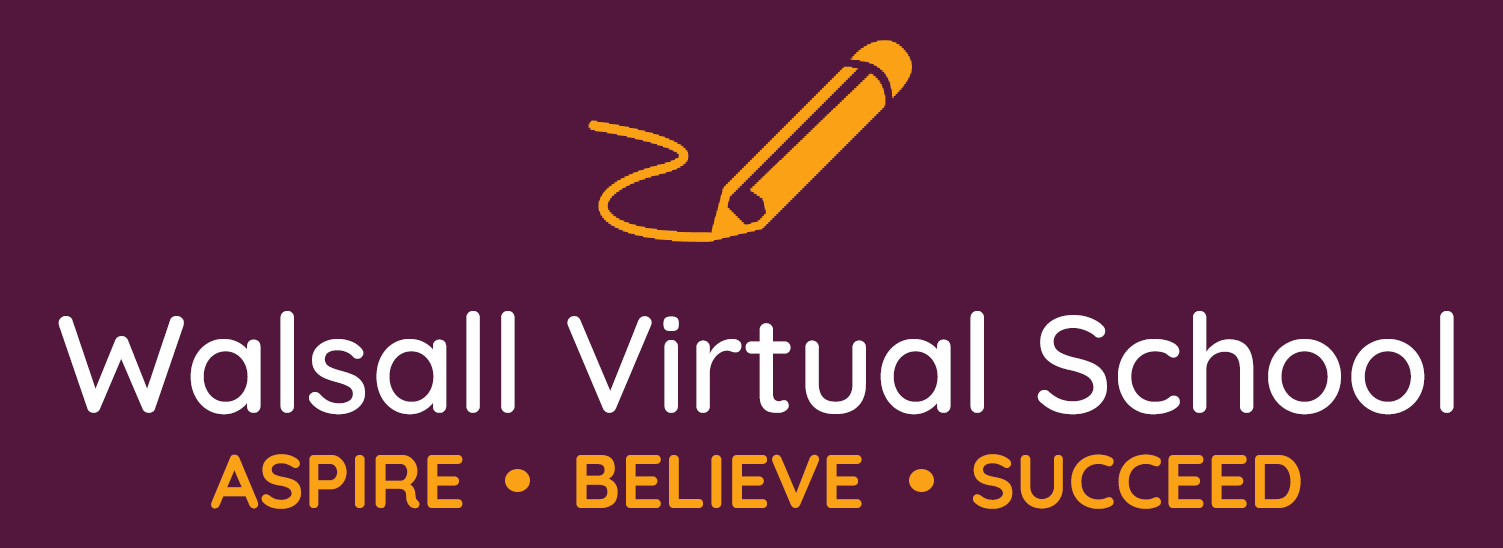What is Kinship Care?
Kinship care is an umbrella term used to describe any situation where a child is being raised by a family member or friend who is not their parent. This arrangement may be temporary or long-term, depending on the child’s circumstances and family situation.
Kinship carers are often grandparents, aunts, uncles, older siblings, stepparents, or family friends who step forward to care for a child when their parents are unable to do so. This may be due to illness, death, imprisonment, substance misuse, or concerns about neglect or abuse.
Some children in kinship care may have previously been in the care of the local authority and now live with their carers under an Adoption Order, Special Guardianship Order (SGO), or Child Arrangements Order (CAO).
These children are known as Previously Looked-After Children and are eligible for additional educational support and Pupil Premium Plus (PP+) funding in maintained schools and academies.
Other children may be living in informal arrangements and will not have spent any time in local authority care.
There are different types of Kinship Care:
- Informal arrangements
- Private Foster Care
- Special Guardianship Orders
- Family and Friends Foster Care (connected carers)
- Adoption
The following are all types of Kinship Care Arrangement; however, this list is not exhaustive: -
Examples of Kinship Care Arrangements
- A private family arrangement where a close relative without parental responsibility cares for a child, and the local authority has not been directly involved in the arrangement.
- Where a child under 16 is living with someone (not a close relative) for less than 28 days.
- Where a young person aged 16 or 17 is living with someone who is not a close relative.
- A Private Fostering arrangement, where a child lives with someone who is not a close relative for 28 days or more.
- A Child Arrangements Order (CAO) in favour of a relative or family friend who is not the child’s parent.
- A Special Guardianship Order (SGO) appointing a friend or family member as the child’s legal guardian.
- A Looked-After Child living with a connected person (family or friend) who has been approved as a local authority foster carer, either temporarily or following a full assessment.
- An Adoption Order granted to a family member or friend who previously cared for the child.
Virtual School offer:
From September 2024, the Virtual School’s non-statutory duty has been extended to include a specific focus on championing the attendance, attainment, and progress of children in kinship care.
This ensures greater parity of support for kinship families, including those who have not previously been captured within statutory guidance.
Guidance:
- Further information can be found in the Department for Education guidance:
Promoting the education of children with a social worker and children in kinship care arrangements: Virtual School Head role extension
The Strategic Role of Walsall Virtual School
Walsall Virtual School’s extended role includes:
- Raising the visibility of the distinct needs and experiences of children living in different types of kinship care arrangements, and recognising the disadvantages they may face.
- Promoting practice across schools and settings that supports attendance, engagement, and emotional wellbeing.
- Improving outcomes for children in kinship care, helping to narrow the attainment gap so that every child can reach their full potential.
In addition, Walsall Virtual School:
- Provides advice and information to all kinship carers regardless of whether their child was previously looked after.
- Supports kinship carers to navigate the education system, helping them to advocate for their child’s educational needs.
- Offers advice and training to professionals, including social workers, Designated Teachers, Safeguarding Leads, and school leaders, to remove barriers to learning.
- Works in partnership with schools and early years settings to raise awareness of the needs of children in kinship care and to promote inclusive, trauma-informed practice.
frequently Asked Questions (FAQs)
🏫 Understanding School Support
- What support should schools provide for children in kinship care?
All schools should recognise that children in kinship care may have experienced loss, trauma, or disrupted attachments. They should take proactive steps to support the child’s learning, emotional wellbeing, and sense of belonging. This includes having a Designated Teacher who ensures the right support is in place. - What is a Designated Teacher and how can they help my child?
Every school must have a Designated Teacher responsible for promoting the educational achievement of children in care and those who have left care through adoption or under orders such as Special Guardianship Orders (SGO) or Child Arrangements Orders (CAO). They act as the main point of contact for carers and liaise with other professionals, including the Virtual School. - What is the Virtual School and how can it help me?
Every local authority has a Virtual School that supports the education of children in care, children previously in care, children with a social worker and those living in kinship arrangements.
The Virtual School can:
- Provide advice and guidance to carers, schools, and social workers.
- Promote good attendance and engagement in education.
- Help schools understand the impact of early life experiences.
- Support transitions and training for school staff.
You can contact your local Virtual School directly for advice – you do not need to go through a social worker.
💰 Funding and Financial Support
- What is Pupil Premium Plus (PP+)?
Pupil Premium Plus is extra funding provided to schools to help improve educational outcomes for children who are or have been in care.
Children who left care under an SGO, CAO, or adoption order are eligible.
The current amount is £2,360 per child, per year (early years PP+ is up to £570).
It is not a personal budget for the child, but schools must use it to address identified needs, improve progress, and support emotional wellbeing. - How can I make sure my child’s school receives this funding?
You will need to share proof of your child’s legal status (such as an SGO or CAO) with the school before the October census each year. The school only needs to see the order; they do not need to keep a copy. - What can Pupil Premium Plus be spent on?
PP+ should be used to:
- Support academic progress (for example, tutoring or 1:1 support).
- Improve emotional wellbeing and resilience.
- Provide staff training around attachment and trauma.
- Support participation in enrichment or mentoring programmes.
Schools should be able to explain how the funding supports your child’s specific needs.
- Can I get help with other education-related costs?
You may be able to access help with:
- Free school meals (if you meet the eligibility criteria).
- Uniform or equipment costs (some schools or charities offer grants).
- Transport (if your child cannot reasonably walk to school).
- Childcare or early years funding (ask your local authority or childcare provider).
Support can vary by area, so check your local authority’s website.
🧠 Special Educational Needs (SEN)
- What should I do if I think my child has special educational needs?
Speak to your child’s class teacher or the school’s Special Educational Needs Coordinator (SENCo). The school can assess your child and put support in place through SEN Support, or they may suggest requesting an Education, Health and Care Plan (EHCP) if needs are complex. - What support should schools offer for children with SEN?
Schools must make reasonable adjustments to help children access education. Examples include:
- Visual timetables or quiet spaces for regulation.
- Support with reading, writing, or speech and language.
- Emotional or sensory breaks during the day.
You can ask the school how they plan to support your child and review this regularly.
- What if my child has support but is still struggling?
Ask to review their Individual Learning Plan (ILP) or request an EHCP assessment from your local authority. You or the school can make this request. The plan should describe the child’s needs, the help they receive, and how progress will be monitored.
🎒 School Admissions and Transitions
- How do I find the right school for my child?
Look at Ofsted reports, visit schools, and ask to meet the Designated Teacher. You can also speak to the Virtual School for advice about suitable schools in your area. - How do I apply for a new school place?
Applications are made either through your local authority or directly to the school. You will need to contact the local authority to find out where application are made. You can apply to more than one school. - Will my child get priority when applying for a school?
Yes. Children who are in care or have left care under an SGO, CAO or adoption order are given priority in admissions under the School Admissions Code (2021). This does not guarantee a place but does strengthen your application. - What support should my child receive if they move schools?
Children in kinship care may need a more gradual or supported transition.
Ask the school to:
- Arrange visits before the start date.
- Provide a named member of staff as a key contact.
- Share information between schools early to ensure continuity.
The Virtual School can also support transitions.
🧒 Emotional Wellbeing and Behaviour
- How can schools support my child’s emotional needs?
Schools can offer pastoral support, mentoring, or counselling. Many now use trauma-informed or nurture-based approaches to help children feel safe and understood. Ask if your school has a Nurture Group, Learning Mentor, or Emotional Literacy Support Assistant (ELSA). - What if my child struggles to attend school?
Speak to the school as soon as possible. The Virtual School can offer advice to help re-engage your child. Support may include a phased return, emotional regulation strategies, or help with routines. - Can my child be suspended or excluded from school?
Exclusions should always be a last resort. Schools should explore alternative approaches first, especially for children who have experienced trauma or attachment difficulties.
If your child is at risk of exclusion, ask for a multi-agency meeting with the Designated Teacher, SENCo, and Virtual School to discuss support options.
🤝 Working with Schools and the Virtual School
- How can I work effectively with my child’s school?
- Attend meetings regularly and share updates on how your child is feeling.
- Let the school know about any changes at home that might affect learning.
- Celebrate successes together to build confidence.
- Keep in touch with the class teachers, designated teacher and SENCo.
- Can I contact the Virtual School directly?
Yes. If your child is in kinship care, you can contact the Virtual School directly for advice and support about your child’s education. - What kind of help can the Virtual School offer?
The Virtual School can:
- Liaise with schools to ensure appropriate support is in place.
- Advise on pupil premium use.
- Offer training and resources for carers.
- Signpost to wider services for wellbeing or post-16 support.
You can contact the Virtual School by calling 01922 652816 or emailing walsallvirtualschool@walsall.gov.uk

